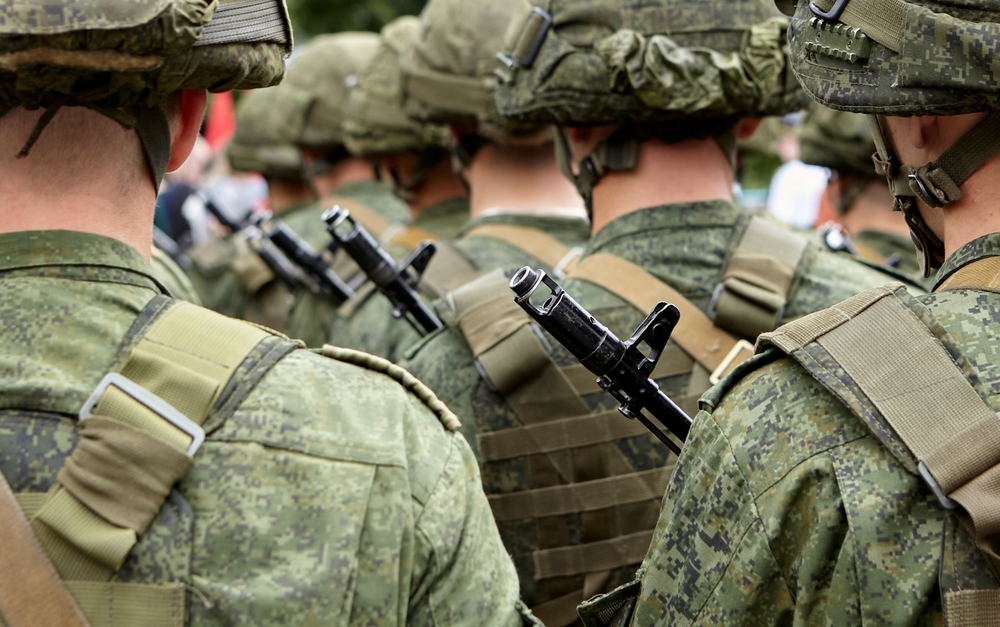German Intelligence Foresees Potential Russian Attack on NATO by 2026.
Others are reading now
According to a recent analysis by the German intelligence services, there’s a looming military threat from Russia that could see the nation attacking NATO member countries as early as 2026, Business Insider reports according to Ukrainian Pravda.
This alarming forecast was revealed in a report that suggests a significant escalation in military activities and preparations on the part of Russia, including army reorganization, troop movements, and missile deployments in the western region of the country.
A Surge in Military Capabilities
The report, which remains classified, indicates a potential doubling of Russia’s military strength in the next five years, particularly in conventional arms.
This expansion of Russian arms production signals a preparation for a major conflict with the West, raising concerns within the German government and beyond.
Also read
Baltic States and Finland Under Threat
The intelligence analysis specifically points to the possibility of an attack on parts of NATO territory, such as the Baltic states or Finland, from 2026 onwards. This marks the first time German agencies have predicted such a direct military threat from Russia, highlighting the gravity of the situation.
NATO’s Stance on the Matter
While the report underlines growing concerns about Russia’s increasing military capabilities, NATO headquarters, although worried about further confrontation, does not necessarily anticipate an imminent war. Business Insider references American intelligence services, which suggest that the Russian armed forces may require another five to eight years to recover the military strength they possessed prior to their invasion of Ukraine.
Europe’s Heightened Alert
The threat of Russian aggression has been a topic of concern among several European NATO countries in recent weeks. German Defence Minister Boris Pistorius echoed the sentiment, stating that the Alliance should brace for a potential Russian attack on a NATO country within the next five to eight years.
In response to these developments, the Bundeswehr, Germany’s armed forces, is crafting a new comprehensive defense operational plan for the first time since the Cold War’s conclusion. This strategic approach is being shaped by the insights gained from Russia’s full-scale aggression against Ukraine, aiming to bolster NATO’s preparedness for any future confrontations.


